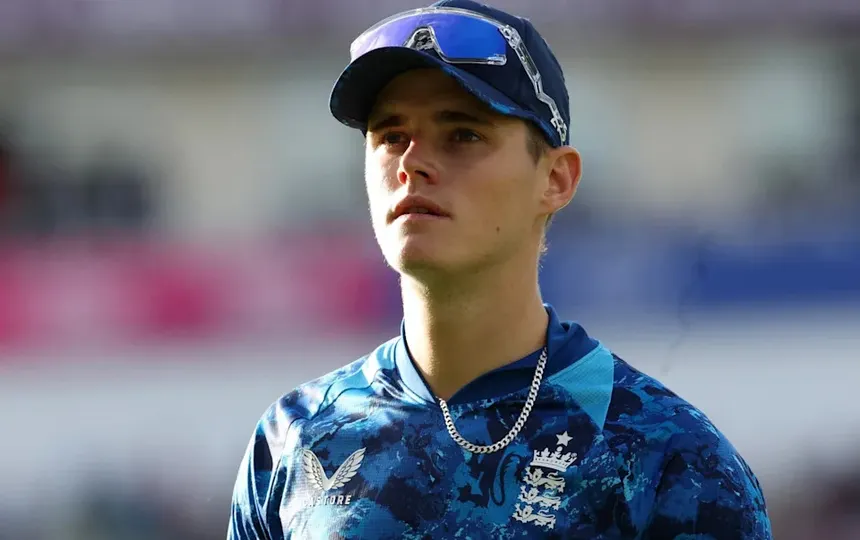
England’s cricket selectors have made a bold and historic decision, naming 21-year-old all-rounder Jacob Bethell as captain for the upcoming three-match T20 international series against Ireland in Dublin. Bethell, who will be 21 years and 329 days old when he leads the side, is set to become the youngest men’s captain in England’s history, breaking a 136-year-old record held by Monty Bowden, who was 23 years and 144 days old when he captained England in a Test in Cape Town in 1889.
Born in Barbados and later moving to England, Bethell has been a standout talent since his teenage years. He made his international debut in 2024 and has quickly become a regular in the white-ball setup. Despite a modest run of form with the bat this summer, his leadership qualities and cricketing intelligence have impressed coaches and selectors. His T20I career so far has shown consistency, with a batting average above 40 and the ability to adapt his game to match situations.
Bethell’s appointment comes as England opts to rest senior players, including established white-ball leader Harry Brook, in a strategic rotation plan. This move gives Bethell the opportunity to gain valuable leadership experience without the pressure of a high-profile tournament, while also allowing the coaching staff to assess how younger players perform under different leadership styles.
The series against Ireland, scheduled to start in mid-September, will also see the inclusion of fresh faces such as fast bowler Sonny Baker, underlining England’s commitment to developing the next generation of talent. The selectors, led by Luke Wright, believe this is the perfect environment for Bethell to learn and grow as a leader, facing a competitive but manageable challenge against a spirited Ireland side on their home turf.
Breaking a record that has stood since the late 19th century is no small feat. The symbolic weight of Bethell’s appointment signals England’s willingness to entrust responsibility to young players and challenge traditional pathways to leadership. In the modern game, where leadership demands extend beyond on-field tactics to managing team culture and media responsibilities, Bethell’s maturity and calm presence have been cited as key factors behind his selection.
For Bethell, this series will be as much about learning as it is about winning. The chance to lead a national side at such a young age could shape his career for years to come. If he thrives, he could cement himself as a long-term captaincy option; if he struggles, it will still provide invaluable lessons without significantly impacting England’s long-term plans.
This decision is part of a broader shift in England cricket toward strategic squad rotation, nurturing leadership depth, and fostering resilience in young players. As the team prepares for a busy calendar leading into the T20 World Cup, Bethell’s stint as captain will be closely watched—not only for results, but for signs of a leader who might one day take permanent charge of England’s white-ball teams.

